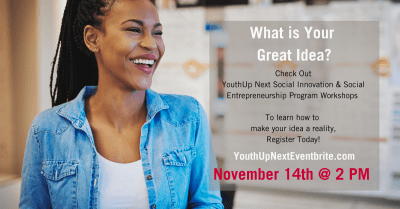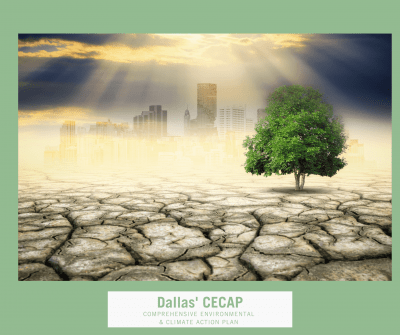How do you define failure? Do you let the fear of failure prevent you from taking risks, or do you view failure as an essential part of learning and growth? If you see failure as part of a feedback loop leading you toward success, then failure is not final. Maybe that feedback is to make changes to the innovation so it will work better. Maybe it will end up saving you time and money in the future while your innovative idea is helping people. Then, maybe that rejection or failure is success – hidden.
Jean Case, CEO of The Case Foundation, said, “To find solutions — and we desperately need new solutions to old problems — we’re going to have to take risks. If you’re going to innovate and you’re going to take risks, there’s a chance you’ll fail. Every great company and every great entrepreneur you’ve heard of … guess what? Their path is riddled with failures. It’s just not reality to think you can innovate without risking failure.”
The Case Foundation persists that in order for entrepreneurs to create meaningful societal change, they must approach failure fearlessly. Based on research conducted around the world, the foundation uncovered 5 common principles among change-makers. Below is an explanation of each of the principles, along with an example of a social entrepreneur who has embodied that principle.
1. Make big bets and make history – instead of making incremental changes, organizations should set audacious goals.
Between 1984 and 2009, Share Our Strength worked to bring attention to the issues of hunger and poverty in the U.S. and raised more than $300 million dollars in support of that effort. However, the leadership of the organization did not feel that they were doing enough to address the problem. They set an audacious goal to not just reduce childhood hunger in America but end it completely. This led to the creation of the No Kid Hungry campaign, which focuses on achieving this bold, new goal.
2. Be bold, take risks – experiment early and often in the constant pursuit of a better solution.
The founders of Sanergy developed a solution to address the sanitation crisis in the developing world using a “decentralized capture, centralized treatment” model. Yet, they challenged themselves to think even more boldly about how they could make waste valuable and thus, scale their solution faster. This involved re-imaging the entire sanitation value chain. Since implementing their unique approach, Sanergy has safely removed more than 7,878 metric tons of waste from the community in Kenya and created more than 750 jobs.
3. Make failure matter – organizations should admit their mistakes and learn from them.
Community Voices Heard is a member-led organization that works to secure racial, economic, and social justice for all New Yorkers. In 2010, the organization approached the New York City Housing Authority (NYCHA) to propose implementing a process called participatory budgeting which would allow public housing residents to participate in budget decisions. Despite being rejected, the organization did not give up the fight. Through a partnership with the Participatory Budgeting Project (PBP), they organized a panel about the topic where they convinced some city council members to get on board with the initiative.
4. Reach beyond your bubble – collaborate and forge partnerships with those outside of your network and across sectors.
Global Health Corps was started by six individuals from different backgrounds who share a passion for improving global health. By leveraging the unique skills they gained from working across various fields (tech, education, politics, etc.), this group created a paid fellowship program for young professionals to serve on the frontlines in the fight for global health equity.
5. Let urgency conquer fear – instead of overthinking and overanalyzing each decision, act with a sense of urgency.
Propeller is an accelerator that supports social entrepreneurs in New Orleans. While the organization had experienced success, the leaders wanted to make a bigger impact, so they set out to revamp their incubator model. In the process of determining how this could look, the team at Propeller “risked falling into an analysis paralysis trap.” The founder, Andrea Chen, developed a systematic decision-making process to help guide her team through this. After running a successful pilot, Propellor rolled out the fully restructured program, increasing their social impact across the community.
How can you embrace failure to make a positive difference in the world? Robert Schuller is quoted asking, “What would you attempt to do if you knew you could not fail?” Think what this world would be like if all the innovative positive change-makers just did it.
For more case studies and examples, stay tuned to the Hunt Institute Digest.
To read more about the Hunt Institute’s work to develop future-focused solutions to some of the world’s biggest problems, please click here. For the latest news on the Hunt Institute, follow our social media accounts on LinkedIn, Facebook, Twitter, and Instagram. We invite you to listen to our Podcast called Sages & Seekers. If you are considering engaging with the institute, you can donate, or sign-up for our newsletter by emailing huntinstitute@smu.edu.
















